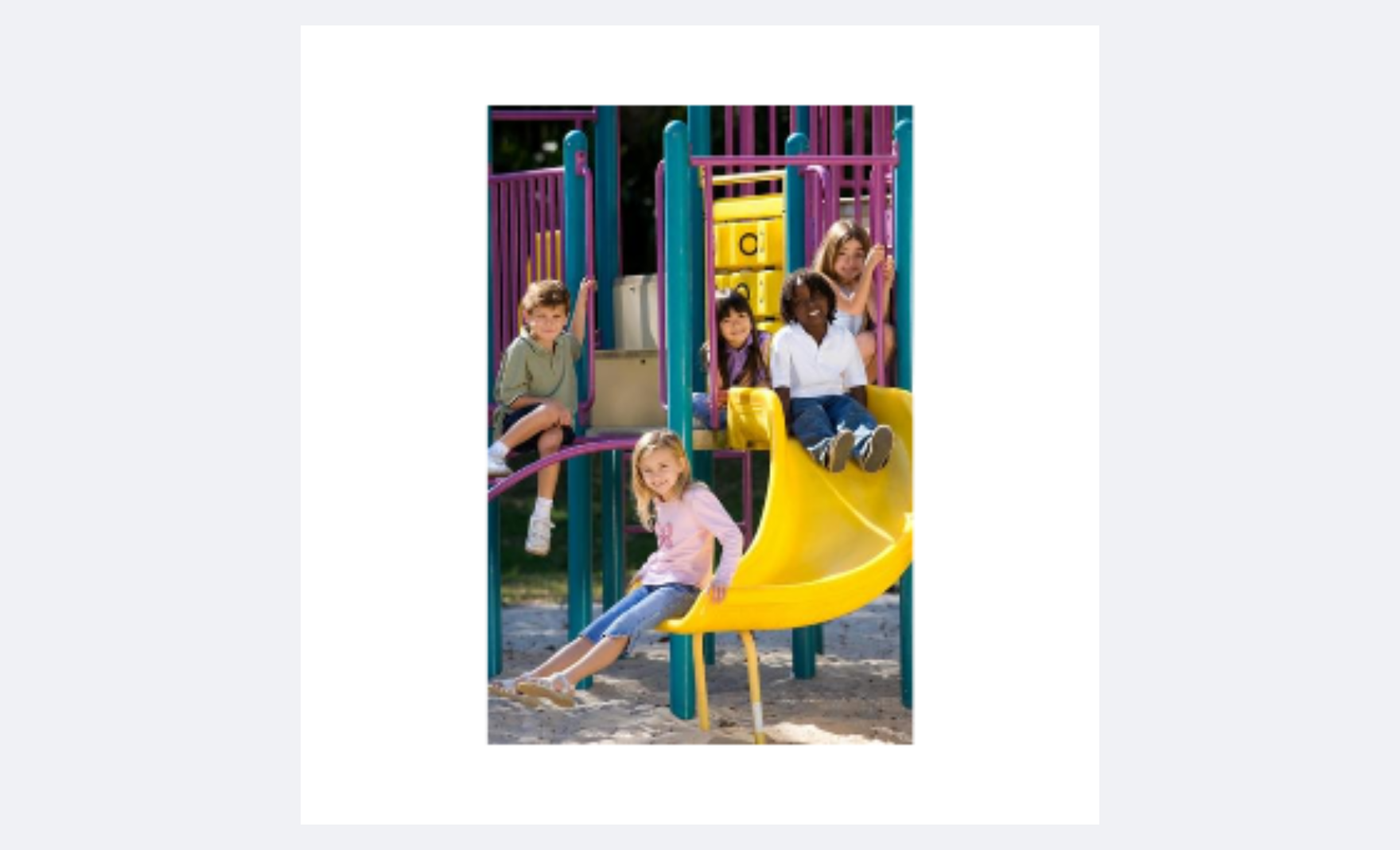
05 Nov How Playgrounds help build childrens strength – Body and mind
When you think of a playground, you might picture laughter, running feet, and endless energy. But behind all the fun, something powerful is happening: children are getting stronger—physically, mentally, and emotionally. These experiences play a vital role in children’s strength development, helping build confidence, balance, and resilience.
Here’s how a simple trip to the playground can support your child’s development in ways that go far beyond play.
Children’s strength development: Physical strength in action
Playgrounds are packed with equipment that naturally builds strength without kids even realising it. They’re having fun—but their muscles are hard at work.
1. Climbing structures
From ladders and ropes to mini rock walls, climbing equipment works wonders for upper body and core strength. Kids learn to pull themselves up, stabilise their bodies, and coordinate their limbs. These skills are essential for children’s strength development.
2. Swings
You might not think of swings as strength-building, but every time a child pumps their legs or balances their torso, they’re engaging their core, legs, and posture muscles. These activities support children’s strength development both physically and mentally. In some cases, a paediatric physiotherapist might recommend similar movements to improve coordination.
3. Slides and monkey bars
Monkey bars are a classic challenge that strengthens arms, shoulders, and grip. Even climbing up to the top of a slide helps build leg and core muscles. These simple actions play an important part in children’s strength development.
4. Running and jumping
Playground games like tag or hopscotch build endurance, agility, and leg strength. These high-energy activities also boost cardiovascular fitness and encourage children’s strength development through active play.
5. Balance equipment
Balance beams or stepping stones help develop stabiliser muscles, coordination, and spatial awareness—all important for physical confidence. A paediatric physiotherapist may include balance activities like these in therapy to support posture and movement.
Children’s strength development beyond muscles
Playgrounds don’t just build stronger bodies—they also help shape stronger minds. Here’s how:
Playgrounds enable children to build resilience: Every time a child tries (and maybe fails) to cross the monkey bars, they’re learning perseverance. Every attempt builds mental strength, grit, and confidence.
Perfect place for developing social skills: Playgrounds are natural classrooms for social development. Kids learn to take turns, negotiate rules, and navigate friendships—all skills that build emotional intelligence.
Creative environments allow for imaginative play: Whether they’re pretending the slide is a dragon’s tail or the sandbox is a construction site, imaginative play builds cognitive flexibility, creativity, and problem-solving skills.
Repetition through movement builds strength: Kids love to repeat the same activities, and that’s a good thing! Repetition strengthens muscles and reinforces motor skills—just like going to the gym, only more fun. This repetition is essential to children’s strength development.
What playgrounds provide, in a nutshell
Playgrounds aren’t just places to blow off steam. They’re powerful environments where children:
- Develop full-body strength
- Improve coordination and balance
- Build resilience and social skills
- Boost mental and emotional confidence
So the next time your child races toward the slide or hangs from the monkey bars, know they’re doing more than playing—they’re growing stronger in every way.
When to see a Paediatric Physiotherapist
If you want more tips on supporting your child’s development through play, or to assess why they might be finding some activities challenging, and which areas need to be addressed, then book an appointment with our paediatric physiotherapist for an assessment. For some children, children’s physiotherapy can help target areas of weakness or difficulty linked to children’s strength development.
To make an appointment, contact our friendly reception team on (03) 8001 2042 or book online.

Sorry, the comment form is closed at this time.